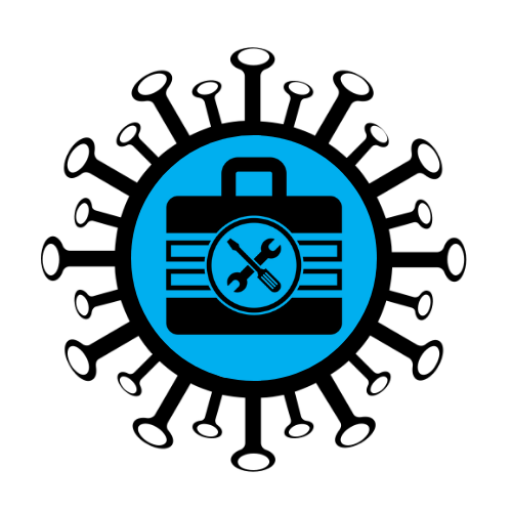The research project “Risk Perception and Tourism Behavior: How to Control Pandemic Infectious Diseases Through Non-Pharmaceutical Interventions (NPIs)?” investigates how the Corona pandemic affects the travel behavior of Swiss and how great is the acceptance of and compliance with non-pharmaceutical interventions (NPIs) such as mask-wearing and quarantine during travel.
The project is being implemented by the Institute of Tourism and Mobility (ITM) at the Lucerne University of Applied Sciences and Arts (HSLU), which is part of the National Research Program NRP 78 “Covid-19” and funded by the Swiss National Science Foundation (SNSF).



Content and aim of the research project
The research project focuses on tourists’ perceptions of health risks when traveling in the wake of the Corona pandemic. It is of interest what importance travelers attach to this risk in shaping their travel intentions and what travel behavior they subsequently engage in or avoid. In this regard, the research interest focuses on travel destination and mode choice behavior.
In this research project, the Theory of Planned Behavior (TPB) is first extended with the Health Belief Model (HBM). After a representative survey of the Swiss population has identified the significant dimensions of influence that positively affect the behavioral intention to implement non-pharmacological measures (NPIs) when traveling, a second survey based on an experimental design will explore different measures and interventions for their acceptability. Based on this, strategies and guidelines for preventing infections in tourism will be developed with recommendations for effective interventions, which will be presented in toolboxes.
Scientific and societal context
In terms of the research question, psychometrics provides promising approaches in COVID-19 research on epidemiology and disease prevention. The toolboxes developed as part of the research project will be disseminated among partner networks, which include the Federal Office for Civil Protection (FOCP). This can support containment measures in tourism.
